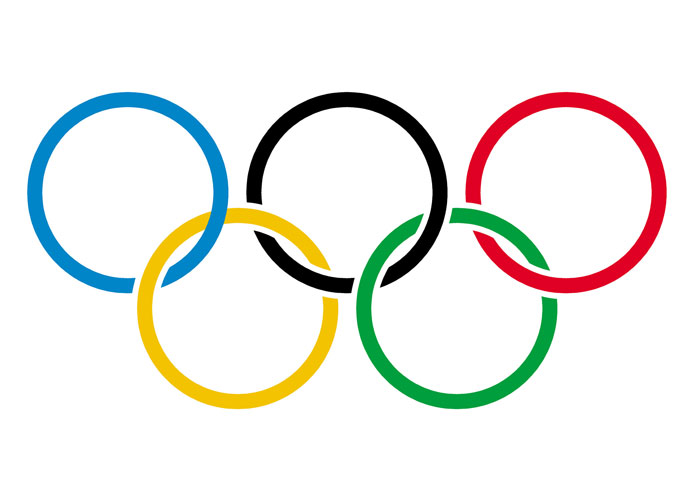August 6, the Summer Olympics 2016 started. This time, the Brazilian city of Rio de Janeiro became the capital of the Olympic Games. We decided to recall where the Olympic movement began, and how the Olympic Games were held in ancient Greece.

1. The origins of the Olympics
Nobody really knows the origins of the games. One myth says that Hercules (the son of Zeus) once held a running competition in Olympia and decided that it will be repeated every four years.
2. The Olympic Games and the Eleusinian Mysteries
The Olympic Games were one of the two main rituals in Ancient Greece. Another one was the Eleusinian Mysteries – initiation rites for people joining cults of Demeter and Persephone.
3. Temple in Olympia
The statue of Zeus was one of the seven ancient wonders of the world. It was placed in the temple in Olympia – the place where the ancient Olympic Games were held.
4. Time confusion
The 4-year gap between the Olympic Games was used by the ancient Greeks as a measure of time. This idea was developed by Ephorus. Previously, every Greek state used its own different method of time measurement, which led to considerable confusion.
5. Stade
The only contest in the first Olympic Games was the stade – a 190-meter footrace. The competition was named in honor of the building where it was carried out (the origin of the word “stadium”).
6. Starting with arms outstretched
Unlike the modern starting position, runners in ancient Greece started from a standing position with their arms outstretched. If the race ended in a draw, an additional race was organized.
7. Coroebus – a baker from Elis
The winner of the first recorded Olympic Games (in a sense, the first gold medalist) was Coroebus – a baker from Elis (the region where Olympia was located). He won the footrace in 776 BC. Of course, no gold medals were awarded then, and Coroebus was awarded an olive branch – a symbolic prize. Interestingly, Olympia still exists – this town is home to approximately 150 people now.
8. Gymnasium
It is believed that the Greek tradition of nude performances began in 720 BC Most likely, it was introduced by the Spartans. This practice gave roots to the modern word “gymnasium”, which is derived from the Greek word “gymnos”, which means “naked.” The athletes’ nudity was considered a tribute to gods and encouraged aesthetic appreciation of the male body.
9. Kynodesme
Although most athletes were naked during the games, some wore kynodesme – a thin strip of leather, tied around the foreskin to prevent the exposure of the glans penis. Then the strip was tied to a rope tied around the waist like a belt.
10. Ekecheiria tradition
At the time of the games, truce ( “ekecheiria”) was announced in the whole Greece – the death penalty, wars or battles were not allowed. This was done to ensure the safety of the participants and spectators coming to Olympia.
11. Pythian, Nemean, Isthmian
The Olympic Games were not the only sports competitions. In the four-year gap between them, the Pythian, Nemean and Isthmian Games were held, but the Olympic Games were the most significant event.
12. Only Greek
Although the first games were “international” in a sense (all the Greek city-states were allowed to participate), they only involved people who spoke Greek. Finally, Greek colonies were also allowed to take part.
13. Hoplitodromos
In 520 BC, a contest named hoplitodromos was added to the Olympic Games. In hoplitodromos, athletes ran 400 or 800 meters in full armor with shields, wearing helmets and greaves. Runners often clashed with each other or stumbled on the shields thrown by other competitors.
14. 5-day Olympic Games
In their heyday, the games lasted for 5 days. The first three were intended for sports activities, while the other two days were used for rituals and celebrations. On the last day, all participants visited the festival, where they ate 100 bulls (who were killed on the first day of the Olympics as a sacrifice to Zeus).
15. The revival of the Olympic Movement
When Christianity became an official religion, the ancient Olympic Games were finally banned either by Theodosius I in 393 AD or his grandson Theodosius II in 435 BC. The following Olympic Games were held only in 1896 in Athens, Greece.










